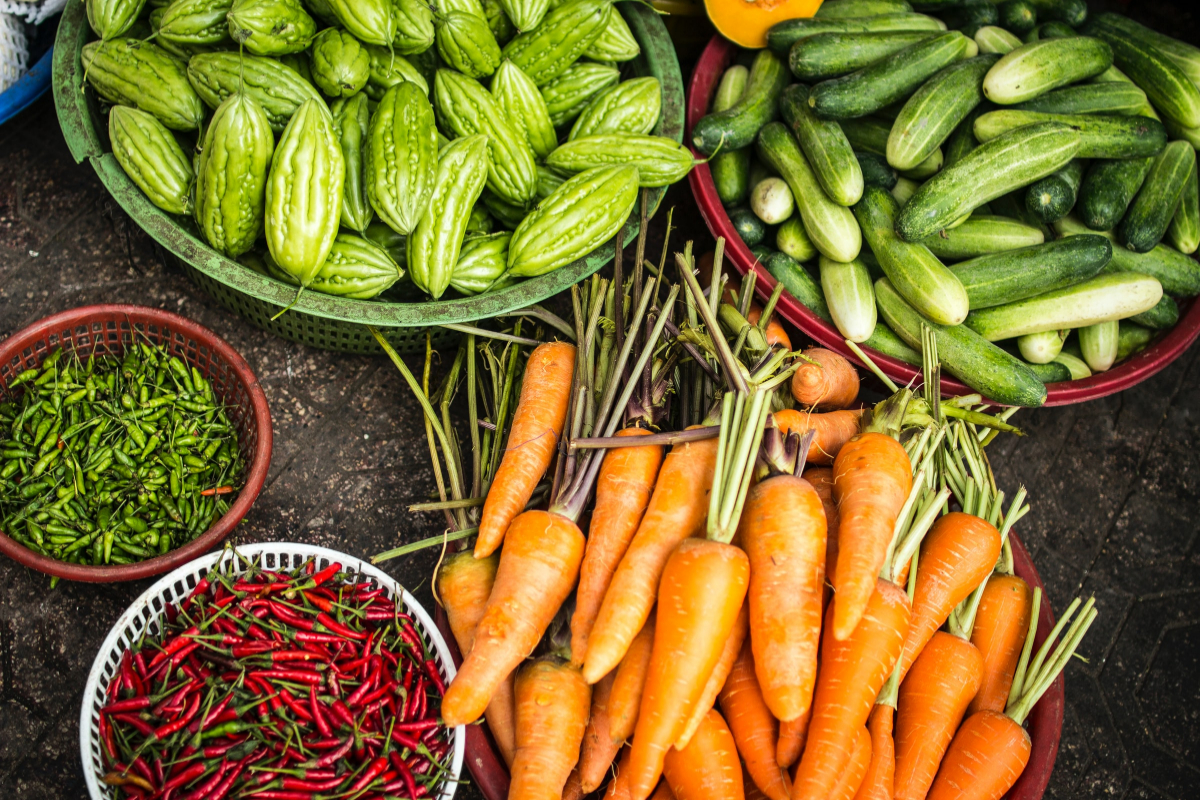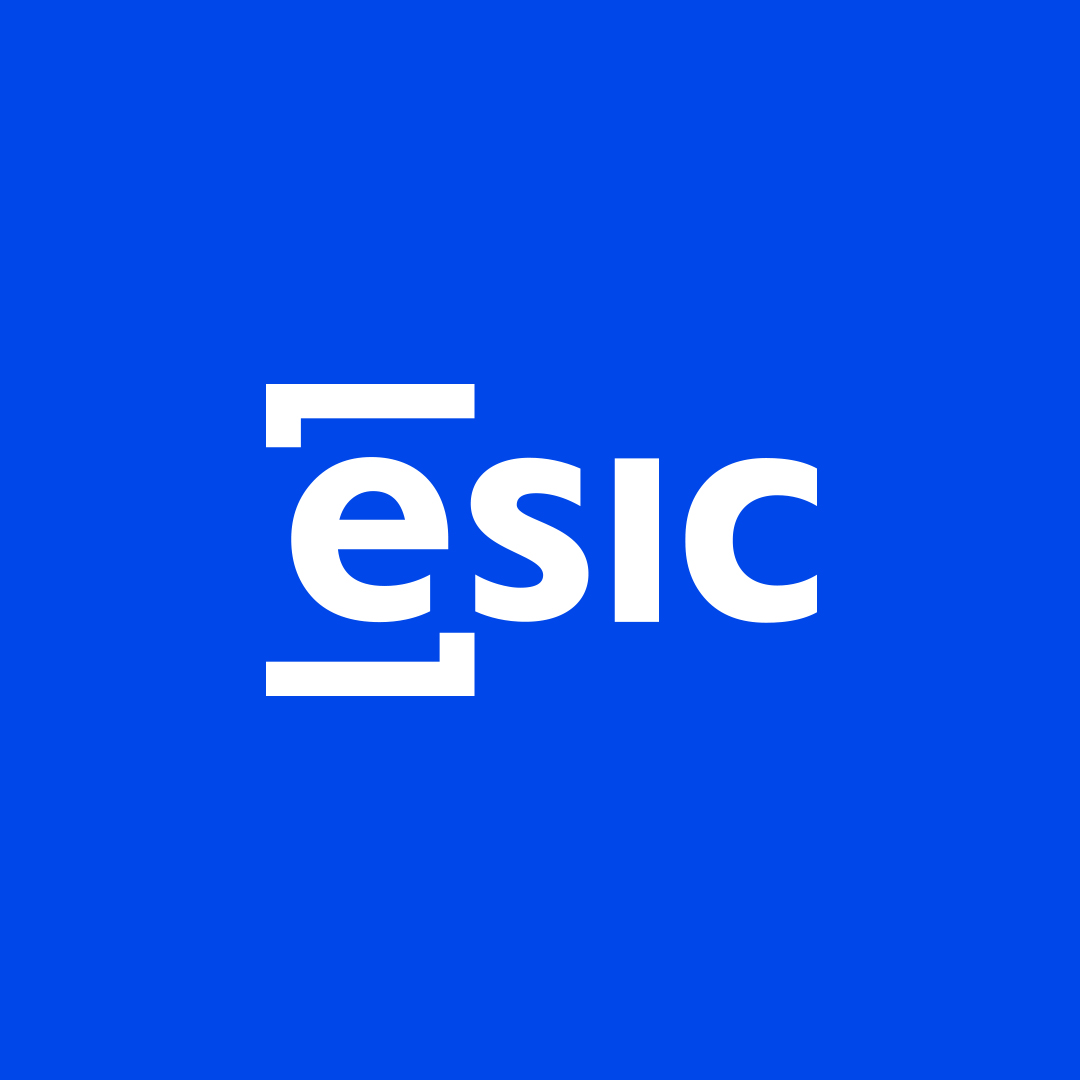
A model for sustainable supplier selection model under uncertainty in food sector
Business | Article-
Visit1637
- Diciembre 2021
- Date of publication
- Diciembre 2021
- Business
- Article
Global market and trade utterly need integrated supply chain management systems (SCMSs) to enable organizations to effectively react to increased customer satisfaction. SCM is interpreted as a process establishing network of firms, suppliers, transportation systems, logistics hubs and production units. The major concerns of any SCM is to coordinate and efficiently control material flow, information and finances in order to meet customer demands and overall business objectives. This goal should be reached through supplier performance monitoring and control.
This research puts forward a two-phase sustainable multi-tier supplier selection model for FSC based on an integrated decision analysis under multi-criteria perspectives considering sustainability criteria, suppliers and sub-suppliers. In the first phase, the model estimates supplier selection criteria weights using a combined version of step-wise weight assessment ratio analysis (SWARA) and level based weight assessment (LBWA) in conjunction with D-numbers. In the second phase, Measurement of Alternatives and Ranking according to the COmpromise Solution (MARCOS)-D method is applied to obtain a ranking pre-order of different tier suppliers. Moreover, several sensitivity analyses are carried out in order to examine model reliability. To check application practicability, the proposed model is implemented in a case study of WineSol Corporation in Spain. The proposed model is expected to serve as a kickoff point for developing advanced decision-making models for effectually address multi-tier supplier selection problems under uncertain environment.
Supplier selection in food supply chains (FSCs) is a very challenging subject due to the inherent difficulties, complexities and nature of food industry. Food security and quality are top row topics in today’s world health scenario. During sudden food crisis, it needs extra attention where producers, suppliers, and stakeholders play the most vital roles. Our study contributes to the supply chain sector with the novel and mixed decision-making model and its implementation in food industry.
Our findings identified that ecological practices (oxygen, sulfur dioxide and oak emission) and flexibility of delivery emerged out as the most predominant criteria for the first-tier supplier selection the considered wine industry case study. Viticulture practices, training and trellising, pruning, canopy management and harvest (mechanical or manual) criterion received the least importance according to the experts’ evaluations. Health and safety issues and social responsibility emerged out as the best and least important criteria for the second-tier suppliers. It signifies that lower tier suppliers potentially violate social and environmental standards which can result adversely to upper tier suppliers. Both the manufacturer and upper tier suppliers should exert effort to improve the responsibility of the lower tier suppliers. In the context of global sustainable multi-tier SCs, involvement of first-tier suppliers has become instrumental to achieve socio-economically and environmentally viable SCM systems. Findings from the presented analytical outcomes reveal that the lead organizations should motivate and encourage the role of different tiers separately to reduce information asymmetries, particularly at lower tier levels.
- Dr Morteza Yazdani joined ESIC University as Assistant Professor. He worked full time at Universidad Loyola Andalucia. Morteza handles research in Management and Operations specifically decision making theories, supply chain management and sustainable development.
- Dr. Dragan Pamucar is an Associate Professor at University of Defence in Belgrade, Department of Logistics, Serbia. Dr. Pamucar received a PhD in Applied Mathematics from University of Defence in Belgrade, Serbia.
- Dr. Prasenjit Chatterjee is currently the Dean (Research and Consultancy) at MCKV Institute of Engineering, India. He has over 90 research papers in various international journals and peer reviewed conferences.
- Mr. Ali Ebadi Torkayesh is an associate researcher and PhD candidate at the School of Business and Economics, RWTH Aachen University. He holds M.Sc. in Industrial Engineering from Sabanci University, Turkey.
You may also be interested in

What are the 4 Ps of marketing?
If you have considered studying marketing or you are already working in this field, you have probably heard of the famous 4 Ps of marketing, a universal language in this sector that every professional in the field ...
- Published by _ESIC Business & Marketing School

How to create a media kit?
If there is a common goal in all businesses is the importance of generating sales, but reaching the customer in a fast, effective and close way is not easy. There are different methods before the customer is...
- Published by _ESIC Business & Marketing School

What is Bard and what is it for in your company?
Nowadays, innovation plays a key role in companies and in their differentiation from the competition, since it allows them to offer a quality and different product to their customers....
- Published by _ESIC Business & Marketing School

